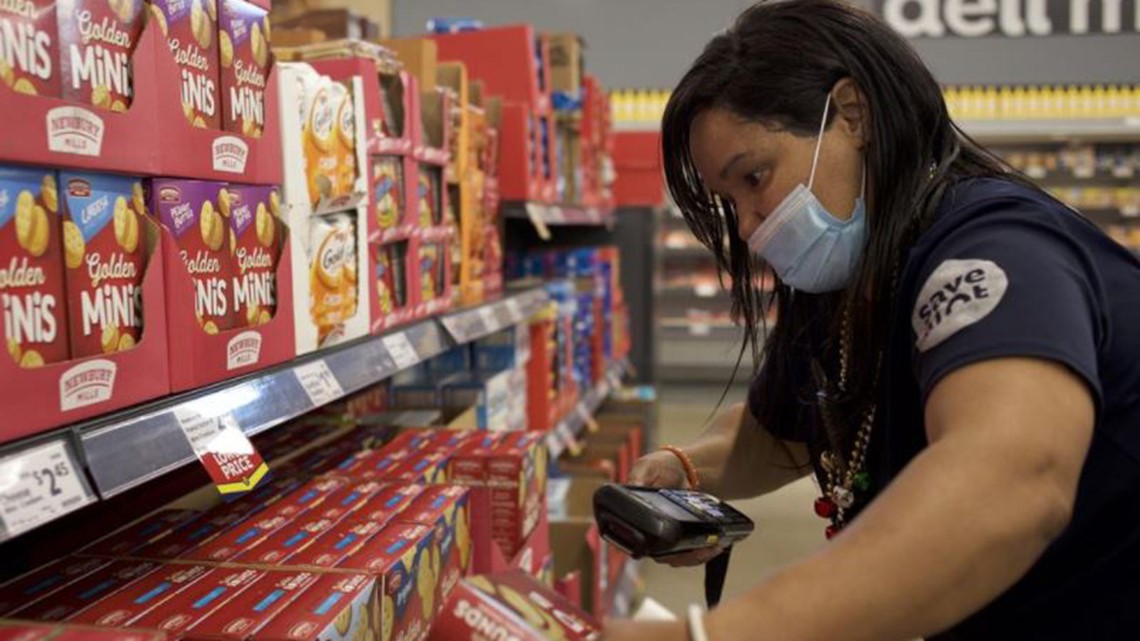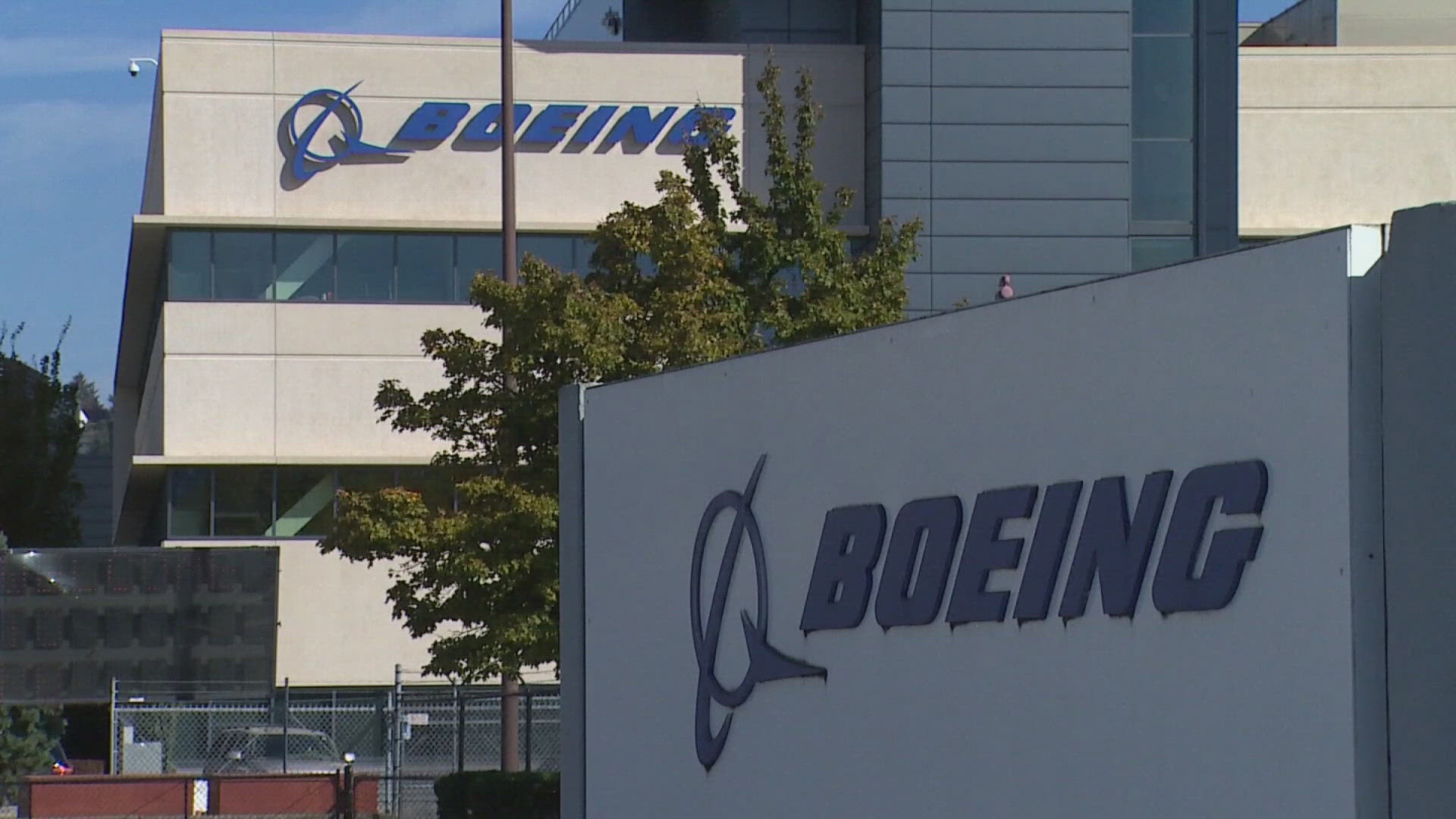ST. LOUIS — The time was late 2016. The place: St. Louis. The problem: Save A Lot.
Saddled with debt, the national discount grocer was losing market share to big-box retailers like Walmart, regional players like Schnucks and Dierbergs and fellow small-format value stores like Aldi. Earlier that year, its Minnesota-based parent company, SuperValu Inc., had tried to spin off Save A Lot as a separate company. When that failed, SuperValu offloaded it for $1.4 billion to Onex Corp., a Canadian private equity firm, which promptly began searching for a new CEO who could turn things around.
They found that person in Kenneth McGrath.
As the former president and CEO of Lidl US, the Arlington, Virginia-based U.S. headquarters for Germany-based Lidl, one of Save A Lot’s main competitors in the discount grocery space, McGrath brought fresh thinking and an entrepreneurial focus to the struggling company. In the three years since his hiring, Save A Lot has renegotiated its debt — which, as of August 2019, had reached $820 million — renovated its stores, upgraded its product assortments and invested heavily in technology and marketing.
With the company now on sturdier ground financially, and embarking upon a plan to transfer ownership of more than 300 stores from the company to independent operators, McGrath believes he can position Save A Lot — one of the St. Louis region's largest privately held companies, with $4.7 billion in 2019 revenue — as something his competitors can't be: your friendly neighborhood discount grocer.
The development of a leader
McGrath grew up in Cork, Ireland, the son of entrepreneur parents who owned construction companies, a bicycle company, a taxi provider and a bus company.
“I can identify with business owners, because I grew up at that table,” McGrath said. “I was serving customers from a very young age.”
McGrath began his adult career in finance, managing corporate commercial client relationships in the banking industry. He says it ultimately helped prepare him for his role at Save A Lot.
“Serving those business customers in a way that set them up to win is really the parallel I would draw from my time in banking to what I do today,” he said. “Because my job is to set our independent retailers — my customers — up for success.”
But McGrath didn’t get the highest post at Save A Lot because of his finance skills — he has more than a decade of experience at Lidl, the German discount grocer with a global presence. After he led Lidl's operations in Ireland, the company tasked him in 2013 with guiding its new U.S. division, the brand's first expansion outside Europe. He led that effort for two years, helping to set up Lidl's U.S. business plan, before departing for a brief executive role with a wireless telecommunications firm. Then Save A Lot approached in 2016 with an opportunity to return to the grocery business.
Founded in 1977 in Cahokia, Illinois, Save A Lot had grown to operate roughly 1,000 stores across the U.S. But it hadn’t kept pace with German discount grocer Aldi, which had entered the U.S. in 1976 and spent decades gaining a leading share of the market. Lidl also was encroaching, opening its first U.S. stores on the East Coast in 2017.
To McGrath, the task of steering Save A Lot onto a sturdier path was an intriguing opportunity.
“While I had a good career at Lidl, I also wanted a more entrepreneurial role,” McGrath said. “So when Save A Lot was purchased, I was offered the chance to lead it, and I really didn’t hesitate to say 'yes.' It’s a discount grocer of scale. There aren’t too many of those in the world, outside Lidl or its competitor Aldi. And there was lots to do here.”
When Onex Corp. hired McGrath in April 2017, the company gave him one simple directive. And it wasn't an easy one.
“My initial mandate was to return the business to competitiveness,” he said.


The shaping of a strategy
Accomplishing Onex’s mission, McGrath said, would require “a lot of catch-up.”
“As every other organization accelerated over the prior decade in terms of customer experience, competitiveness and embracing technology, it became harder and harder to pull off our transformation,” he said.
In other words, Save A Lot was stuck in the past, and paying for it.
Its stores were outmoded. Its profits were shrinking while its debt levels climbed. To make matters worse, it lacked a unified ownership strategy. One of Save A Lot’s strengths was the fact that it licensed the majority of its locations to independent operators, giving them the freedom to customize stores for specific neighborhoods. But when McGrath took the helm, about 450 of the roughly 1,000 Save A Lot stores were still company-owned.
Click here for the full story.



